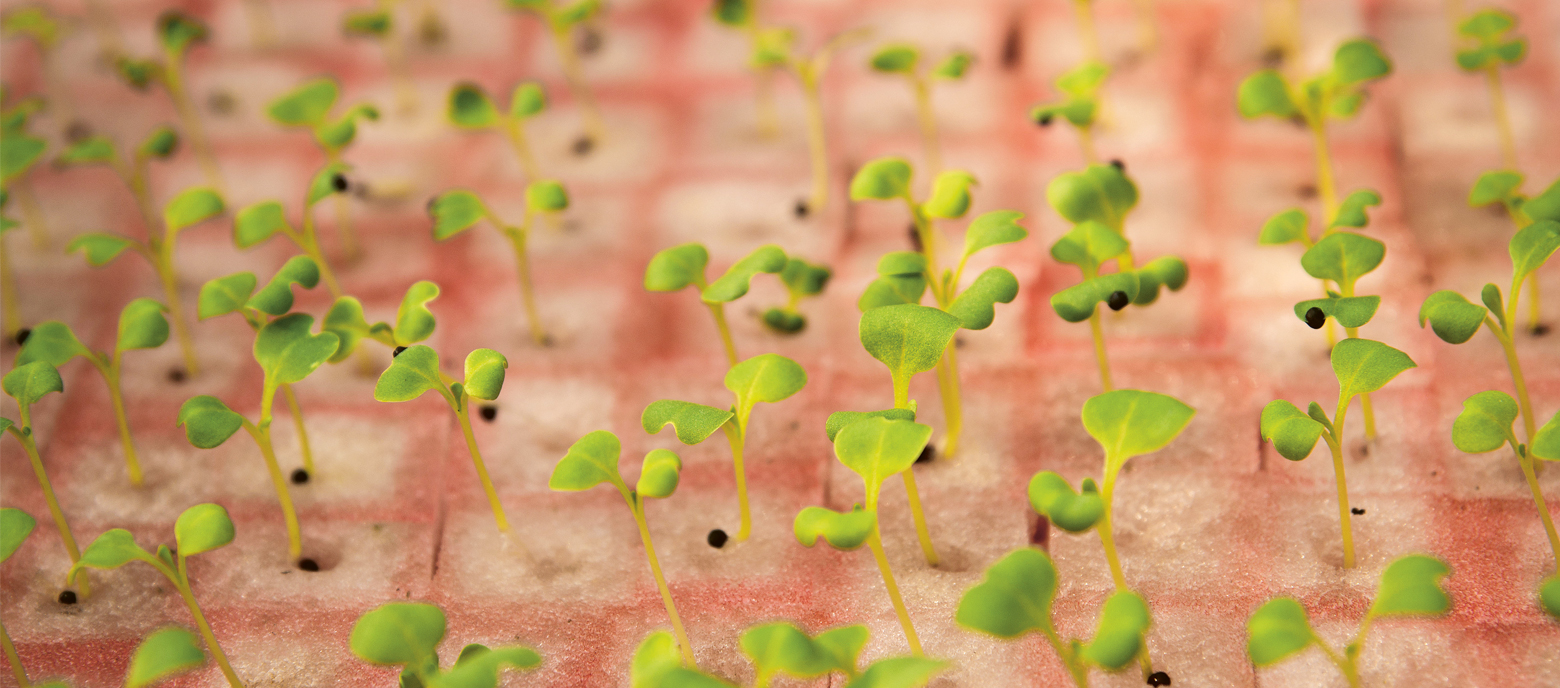Perspectives
Growing together
‘Exchange on equal terms’
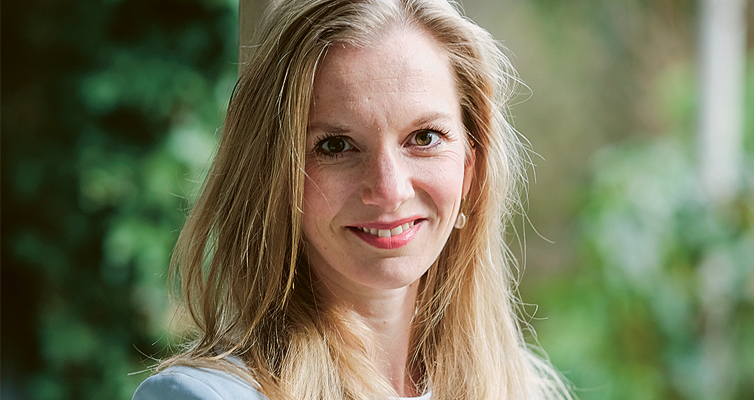
I’ve been helping German companies in Myanmar to become involved in sustainable local projects since 2017. As part of the Business Scouts for Development programme, I worked as an integrated expert for the Delegation of German Industry and Commerce until the end of February 2021. Together with my colleagues in the Delegation office, I gave a lot of thought to how we could deepen personal exchange between Myanmar and German entrepreneurs. We came up with the idea of launching a mentoring programme to enable representatives of German and other international companies to support and advise young local entrepreneurs. That’s a relatively unfamiliar approach in Myanmar, so I was surprised how much interest there was. We had initially planned to take on just five young entrepreneurs as mentees, but we had so many good applications that we ended up with 12. We focused on industry 4.0 because Germany is a major global partner in that area. Our priority was also to target women, and we succeeded: more than half of all our mentees are female. The scheme spans a wide range of sectors, from food production and tourism to medicine, ship-building and communications.
Right from the outset, we were clear that we wanted this to be an exchange on equal terms. We obviously wanted the mentees from Myanmar to benefit from the experience of their respective mentor, but we were also keen for the benefits to be two-way, with the mentors learning more about local market conditions. To this end, we held a joint networking event at least once a quarter, but the participants organised most of the mentoring sessions themselves. Some mentors and mentees were in almost weekly contact, and usually met face to face. I’m thrilled that the idea is being taken up more widely and similar formats are now being trialled in other countries. Laos, for example, has had a mentoring programme for female entrepreneurs for almost a year.’
‘We made valuable contacts.’
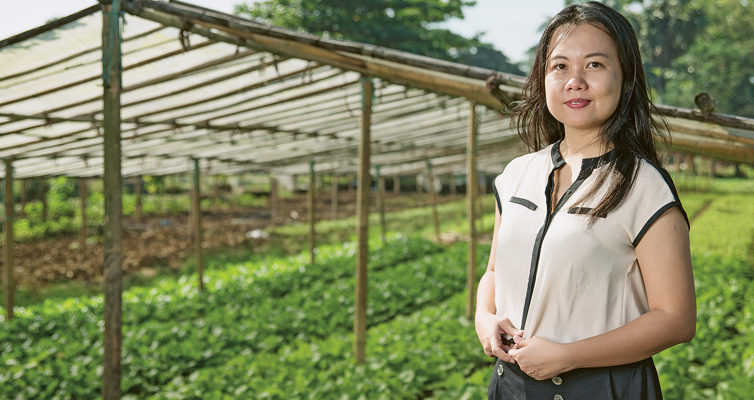
‘Most people in Myanmar earn their living from agriculture, but it’s far from easy. The soil is often too dry, for example, and many farming methods are now simply out of date. I saw first-hand how difficult many families find it to produce enough food when I was involved in a UN food security programme in Thailand after completing my MBA. The programme took me to a lot of villages in my home country.
Since then, my ambition has been to find technological solutions to help farmers improve their financial situation. I joined forces with two other young entrepreneurs as part of a start-up support programme. In just a few months, we developed a device to make farming smarter: it’s a controller fitted with a number of sensors that can measure temperature and humidity, for instance, or gauge how dry the soil is. We use this data to calculate the level of automatic irrigation or whether to turn on a fan if it’s getting too hot in a greenhouse. The settings can be adjusted using a smartphone app. The system not only saves a lot of the manual work involved in irrigation but also helps to optimise yields, for example by precisely regulating greenhouse temperatures. Mushroom growers are just one example of businesses using our device: it means they can continue producing at times of year when it is usually too hot to grow mushrooms. And the technology can also be used outdoors to monitor soil moisture and control how much water is needed for the crop being grown.
Our mentor, Manfred Gand, helped us enormously with developing the product. Initially, we planned to manage the device solely by smartphone. But Manfred encouraged us to fit it with its own display – and he was right. That makes it much easier to use. For a while, we met Manfred several times a month. He also put us in touch with many valuable contacts, such as electronics suppliers with a good reputation for quality. And I think he learned something from us, too: he was often surprised how quickly we were able to get our ideas up and running with limited resources.’
‘I was very impressed by what the team had achieved.’
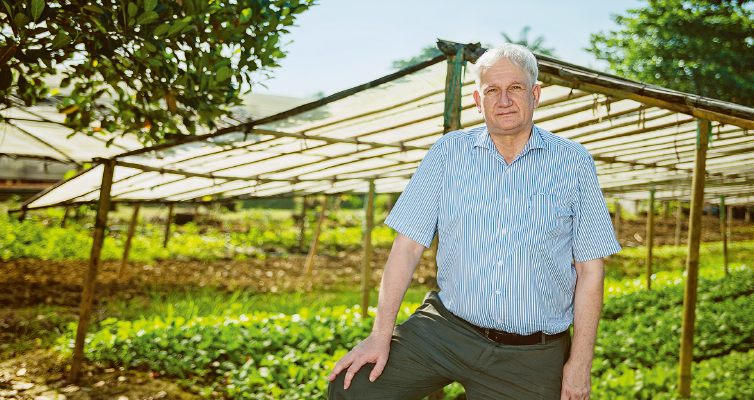
‘I’ve been living in Myanmar for the past seven years, working on developing telecoms infrastructure. I’ve got more than 30 years’ experience as an engineer, and I’m really keen to pass on what I know to others. When I was asked if I would be interested in the mentoring programme for young entrepreneurs in Myanmar, I said yes immediately.
Even at our first meeting, I was very impressed by what Pwint Pwint San and her team had already achieved. The Hydro Plant smart controller, which is fitted with sensors, would undoubtedly cost a few hundred euros in Europe, but the entrepreneurs involved in the start-up managed to develop their system for a fraction of that, using open-source software and low-cost hardware modules. It was exciting to be involved.
At the beginning, the most important thing for me was to listen: there is still a lot I can learn in a country like Myanmar – and not just because agriculture was a whole new field for me. The project also involved me adopting a different perspective: as a German engineer, my priority is always to ensure the highest possible quality. But in Myanmar, even the very best technology is of no benefit if those working in agriculture can’t afford it. So optimising the cost of the individual components was a key issue in my discussions with Pwint Pwint San.
Sadly, our regular coffee shop meetings have come to an end, as I’m moving to the Philippines for professional reasons. But the coronavirus pandemic has shown us all that we can communicate just as well by video call, so we’ve agreed that we’ll keep in touch that way.’
‘I will soon be able to almost double my income.’
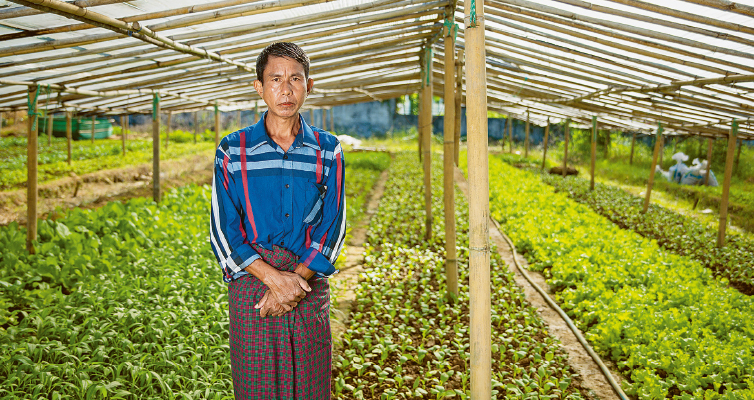
‘I have always been very interested in plants, but it was only recently that I started working as a farmer. Before that, I made my living running a small shop. Eighteen months ago, I started growing vegetables in the north of Yangon, mostly cabbages and salad leaves, but have since added basil and peppers, too. I really enjoyed it from the outset, but I soon realised how hard it is to make a living from agriculture. Market prices fluctuate sharply, and tools and fertilisers cost a lot.
I looked around locally to see how I could improve things and saw the Hydro Plant system in operation on a friend’s farm. I was immediately taken with the idea and installed the technology in my own two greenhouses. It cost almost USD 500, equivalent to about two months’ income. I raised the money with a business partner.
Irrigation is now completely automatic – unless we have a power cut, when I have to water the crops myself. I can also regulate growing temperatures very precisely, and the controlled environment has enabled me to switch to hydroponics, where the plants grow in water mixed with nutrients as opposed to soil. I’ve only recently come across this technique. You have to be very precise in the amount of water and fertiliser you use, but it requires a lot less work, and yields are considerably higher than before. I think I will soon be able to almost double my income. And perhaps we’ll be able to afford another greenhouse, too.
Other farmers now often visit and want to learn from my experience. That really pleases me. Farmers in Myanmar are very open to new ideas if they can see that something works.’
The programme contributes to the following United Nations Sustainable Development Goals (SDGs):
|
|
|
|
|
published in akzente 1/21
